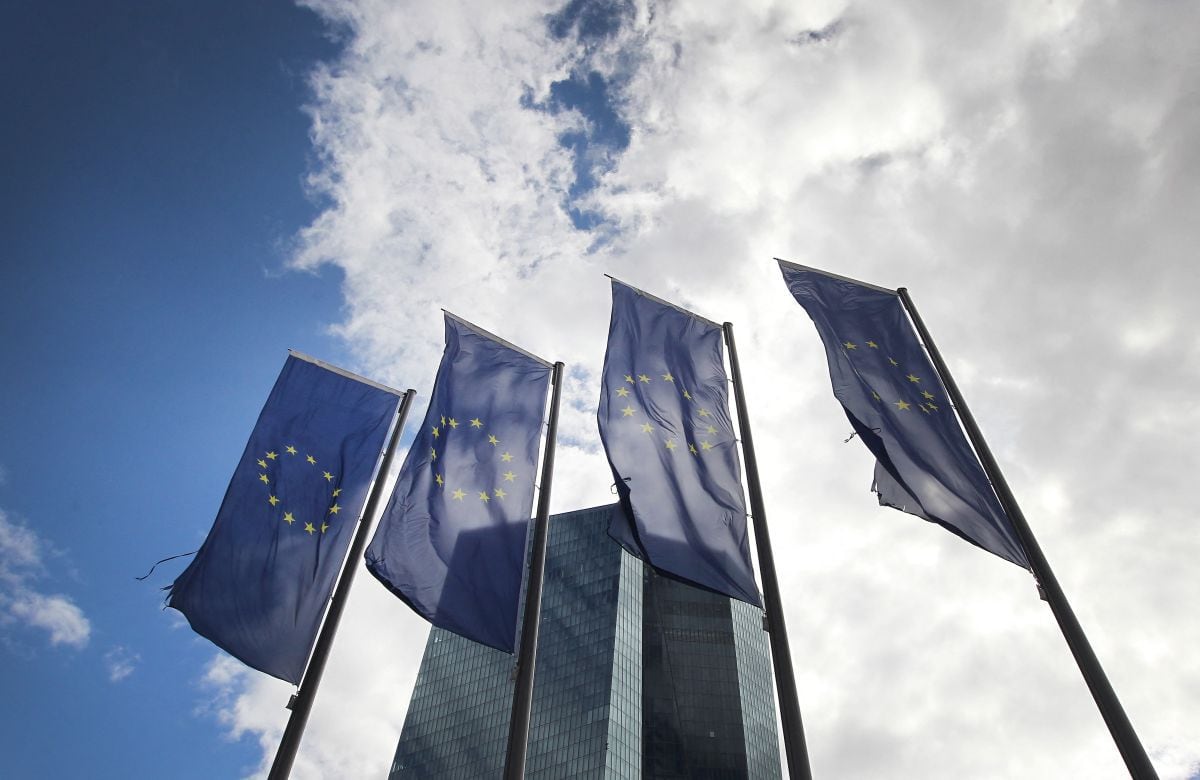
The European Central Bank (ECB) decided this Thursday to raise its interest rates by a quarter of a point, to 4%, the highest rate since 2008, because it anticipates that inflation “remains too high for too long” and advances a ” probable” additional hike for July.
The Governing Council of the ECB has raised the reference rate (the one charged to banks for one-week loans) to 4% and has also raised the credit facility by 0.25 basis points (at which it lends to banks for one day), up to 4.25%, and the deposit facility (which remunerates banks for excess reserves at one day), up to 3.50%.
The official rate set this Thursday is the highest since October 2008. In June 2000 it had risen to 4.25%, a level at which it remained for more than eight years, until October 15, 2008 when it dropped to 3.75%.
The increase is the eighth consecutive one that the Bank has agreed to since July of last year, when it began the upward race -then it was at 0% where it had been maintained for a little over six years- to combat the rise in prices derived from the war Ukraine, which sharply increased energy prices.
The European decision comes one day after the United States Federal Reserve (Fed) decided to pause raising rates, after ten consecutive increases, although it considers additional increases likely this year, according to its president, Jerome Powell.
Lagarde: “We have not reached our destination”
The president of the ECB, Christine Lagarde, said today in the press conference after the Governing Council of the institution that she sees “likely” raise interest rates again in July, unless circumstances change.
“Has the trip finished? No. We have not reached our destination”, affirmed the president, for whom there is still “ground to cover” to achieve the objective of reducing inflation to 2%.
“I can go further: unless there is a material change that affects our baseline, it is likely that we will continue to increase rates in July, which will not surprise you.”, he answered a question from a journalist.
Determined to bring inflation down to 2%
The ECB explained in its statement that “inflation has decreased but it is anticipated that “stay too high for too long”, so the Governing Council is determined to ensure that “medium term” get back to the 2% target.
According to the institution, the previous rate hikes are giving the expected results and are noticeable “hard” in the financing conditions, tougher for companies and families, which are reflected in the economy as a whole.
The ECB is confident that this increase in the cost of financing “increasingly slow down the demand” and contribute to your objective of price stability.
In the future, he anticipates that the rates will go to levels “restrictive enough” as to control inflation and that it will monitor subjacent inflation (the best structural indicator because it excludes the most volatile elements, especially energy and unprocessed food).
Likewise, it will analyze the intensity of the transmission of monetary policy, that is, if its increases are transferred to general credit and the objective of controlling prices is achieved.
“We are willing to adjust all the instruments that are part of our mandate to guarantee that we return to the objective and preserve the proper functioning of the monetary policy system.”, Lagarde stated.
Revises growth down and inflation up
At the same time, the European issuer has revised downward one tenth, to 0.9%, the economic growth forecast in the euro area in 2023, while it has also raised its estimate of average inflation for this year by one tenth to 5.4%.
More significant is the upward revision of core inflation, by five tenths to 5.1%, in view of the fact that the pressures on prices continue to be strong, although with “tentative signs of moderation”. In 2024 it would drop to 3% and in 2025 to 2.3%.
The ECB explains the increase in core inflation by the “past bullish surprises” and the strength of the labor market, which could slow down the process of price moderation.
By 2024, the ECB has lowered the region’s economic growth by one tenth to 1.5%, while leaving the forecast for 2025 at 1.6%.
Source: EFE
Source: Gestion
Ricardo is a renowned author and journalist, known for his exceptional writing on top-news stories. He currently works as a writer at the 247 News Agency, where he is known for his ability to deliver breaking news and insightful analysis on the most pressing issues of the day.











